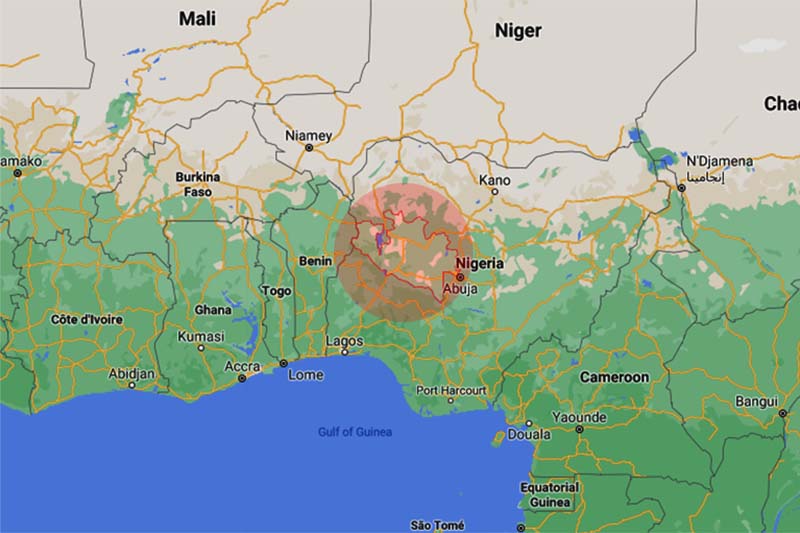

Polls opened Sunday morning in Niger for the second round of voting in the country’s presidential elections, after none of the 28 candidates won an absolute majority in December’s vote.
Former foreign affairs minister Mohamed Bazoum, who received about 39% of the vote in the first round, is running against former president Mahamane Ousmane, who won nearly 17% of the vote, according to the National Independent Electoral Commission.
The winner of Sunday’s vote will succeed President Mahamadou Issoufou who is stepping down after serving two terms, in accordance with Niger’s constitution. Issoufou’s decision to respect the constitution has been widely hailed and paves the way for Niger’s first peaceful, democratic transfer of power since its independence from France in 1960. The West African nation has seen four coups.
Issoufou’s chosen successor is Bazoum, 71, a longtime Cabinet minister who is from Niger’s small ethnic Arab minority.
Of Niger’s 23 million people, some 7.4 million are registered to vote. In the parliamentary and presidential elections which took place on December 27 turnout was approximately 67%.
Niger’s next president will have to deal with major problems, including rising attacks linked to Islamic extremists. In January at least 100 people were killed when extremists attacked two villages near the border with Mali. Thousands of people have been killed and hundreds of thousands displaced despite the presence of thousands of regional and international troops.
”(There’s) a significant risk that extremist groups will launch attacks to disrupt the poll,” said Alexandre Raymakers, senior Africa analyst at Verisk Maplecroft, a global risk consultancy. While the new administration is unlikely to achieve rapid success against these groups, a peaceful transition of power would be a strong sign to western countries to continue supporting Niger’s counter-terrorism operations, he said.
The candidates are trying to entice voters through various campaign promises.
A teacher by training, Bazoum who is of the ruling Nigerien Party for Democracy and Socialism, has promised to build boarding schools for girls to encourage them to remain in school longer, which he said would help reduce child marriage in a country with many teenage pregnancies.
But peace is what locals say they really want from the country’s next leader.
“The new president needs to focus on our security at the borders and in our cities,” said Abdou Razak, a resident of the capital, Niamey.